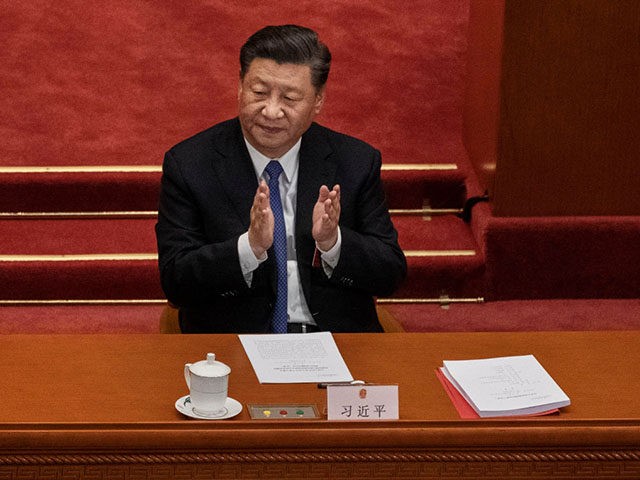China’s state-run Global Times published a lengthy report Sunday describing “vigorous countermeasures” supposedly taken by Chinese intelligence against a years-long espionage campaign waged by Australia.
Tech and intelligence writers widely mocked the report, noting the Global Times dug up some 1960s spy paraphernalia to create the alarming photos that ran with the article, which came off as a sour-grapes effort by the Chinese to reverse widespread allegations of espionage against them.
Other observers found the latest Chinese propaganda broadside to be no laughing matter, warning that Beijing could be setting the stage for taking Australian hostages, the way it has imprisoned Canadians in a bid to force that country to release Huawei executive Meng Wanzhou.
The Global Times on Sunday claimed Australia is “waging an intensifying espionage offensive against China,” including intelligence gathering, recruiting espionage assets, encouraging Chinese nationals to defect, spying on Chinese living in Australia, and creating “fake news” about Chinese espionage.
The Chinese Communist Party (CCP) paper even claimed Australia is making up espionage charges against China to deflect attention from its own spying campaign, describing Australia as “the thief who is crying to stop the thief” – a fair description of what critics promptly accused the Global Times of doing.
Long on allegations but short on evidence, the Global Times article included only a few photos showing hilariously outdated “espionage equipment” and stacks of Chinese and Australian money, plus one bit of modern technology: a USB flash drive. The article also claimed to depict a “listening device” planted by the Australians at the Chinese Embassy in Canberra.
The piece spent thousands of words accusing the Australians of spying on just about everything and everyone in China, including Chinese students, businessmen, and diplomats living in Australia.
Feng Chongyi, the only alleged Australian spy named in the article, received a heavy dose of scorn. A scholar at the University of Technology Sydney, Feng was arbitrarily detained in China for a week in 2017 by CCP officials trying to intimidate him, and other academics, out of researching a project on human rights violations. The Global Times declared Feng was an “informant to Australian security agencies” who was only pretending to be a China studies expert so he could “stigmatize and smear China on some-anti-China foreign media outlets.”
The only sources of information for the article were a few anonymous Chinese police and intelligence officials.
About halfway through the lengthy screed, the Global Times revealed the true reason for writing it: a raid by Australian federal police on the home of a parliamentarian named Shaoquett Moselmane, who is allegedly involved in a Chinese influence operation. Moselmane said he has “done nothing wrong” and is resisting calls for his resignation, although he has taken leave from the Australian parliament until the investigation is complete.
The Hong Kong Free Press (HKFP) on Monday noted that Beijing is also angry at Australia for pushing to have the origins of the Wuhan coronavirus investigated, and has already leveled “trade barriers on Australian goods amid boycott threats and claims of Sinophobia.”
The HKFP covered some of the “ridicule” directed at the Global Times piece, and a few dire warnings amid the mirth, such as Hong Kong-based writer and lawyer Antony Dapiran advising: “If you’re an Australian in China you might want to be thinking about your exit plans around about now.”
Even Australian Prime Minister Scott Morrison took a jab at the Global Times. “I wouldn’t be relying on Chinese state media for your sources for questions,” he told reporters on Monday.

COMMENTS
Please let us know if you're having issues with commenting.